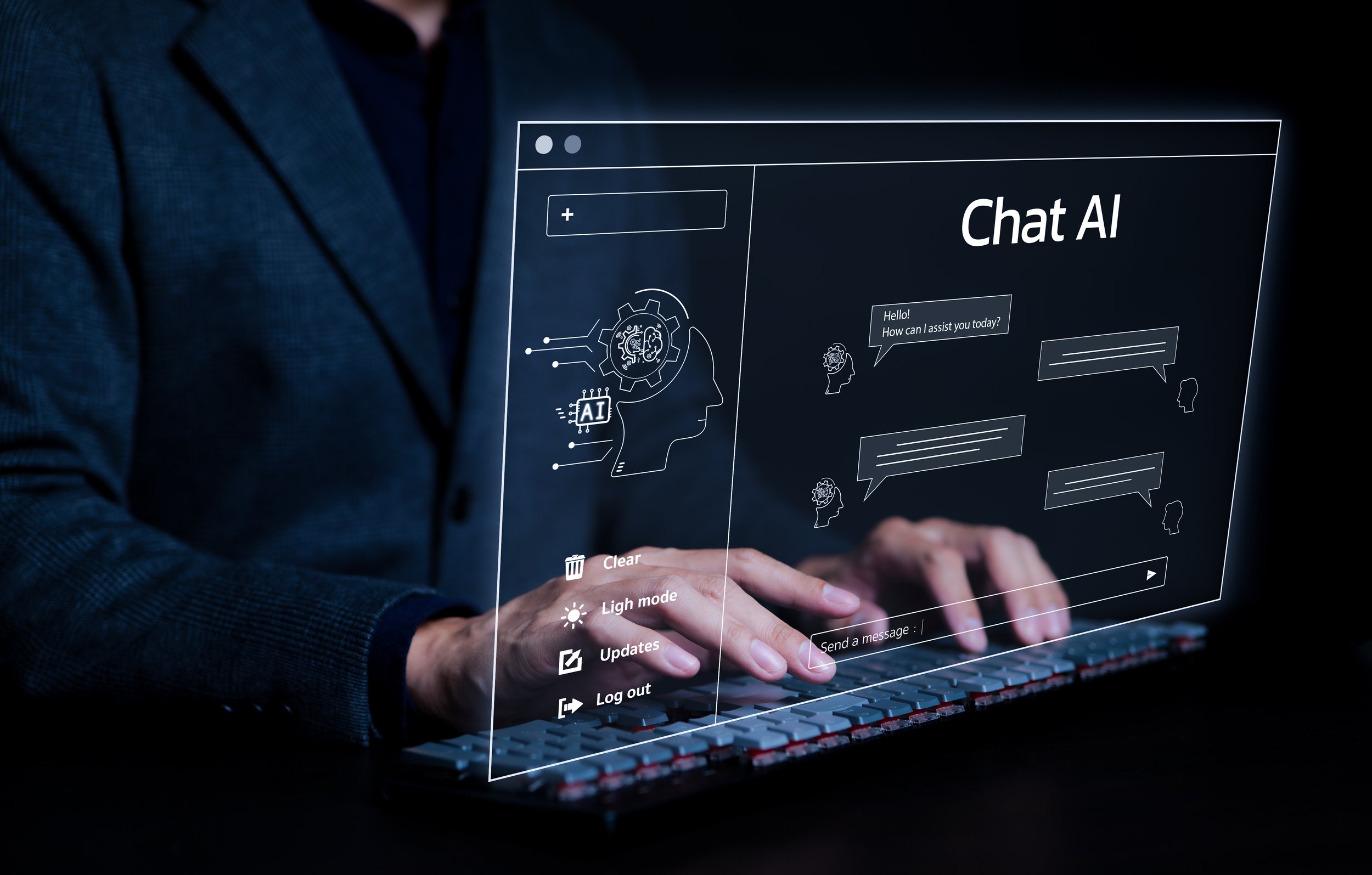How To: Attorneys Can Optimize ChatGPT for Legal Practice: 8 Key Tips
/Lawyers can use chatgpt to assist with their work.
As I’ve blogged and podcasted earlier, OpenAI's ChatGPT, a cutting-edge AI language model, has grown in popularity and application across many industries, including the legal field. However, for attorneys to reap the benefits of this technological marvel, they need to learn the art of writing effective prompts to get the precise answers they seek. Here are eight tailor-made tips for attorneys to get the best out of ChatGPT:
1. Provide Contextual Legal Scenarios
Just as lawyers rely on context to interpret statutes, ChatGPT thrives on context. Instead of asking, "What's a breach of contract?", try, "Draft a memo explaining the elements of a breach of contract in a commercial lease scenario."
2. Pre-feed Pertinent Information
For instance, if you need ChatGPT to draft an argument based on specific case law, start by providing a concise summary of that case law. Remember, the model doesn't have real-time access to online databases but uses what's been trained on.
3. Use Legal Examples
Offer a prior legal scenario or a conversation between an attorney and a client as a template. If you're looking to draft a client communication, guide the model:
Client: Can I sue my landlord for not fixing the plumbing?
Attorney: Based on the terms of your lease and the landlord-tenant law in your state, here are your potential options...
4. Specify Length for Legal Documents
The more details you use with input requests, the better chatgpt can assist you with your work.
If you're seeking a brief summary of a complex legal issue, be specific: "Summarize the recent changes in intellectual property law in a 300-word memo."
5. Define Legal Formats
When you need documents in certain formats, like affidavits or motions, specify this. "Given these facts, draft a motion for summary judgment in the format commonly used in federal court."
6. Craft Prompts Collaboratively
Let ChatGPT assist you in creating the ideal legal prompts. Ask it to help design a comprehensive set of questions to interview a witness or to create a checklist for a certain legal process.
7. Utilize Specific Legal Phrases
Using familiar legal terminologies can guide ChatGPT to generate results in a more legally accurate manner. Phrases like "under the purview of", "in accordance with", or "pursuant to" can give your outputs a more legal touch.
8. Assign a Legal Role to ChatGPT
When interacting, you might instruct ChatGPT as: "You are a law clerk experienced in family law." By doing this, the AI will approach questions with that perspective, making its outputs more aligned with family law.
Finally, as an attorney, remember to always review and verify any outputs from ChatGPT or any other AI tool. While it's an incredibly useful assistant, ensuring accuracy and legal soundness remains a human responsibility. Now, harness the power of ChatGPT and elevate your legal practice to new technological heights!









